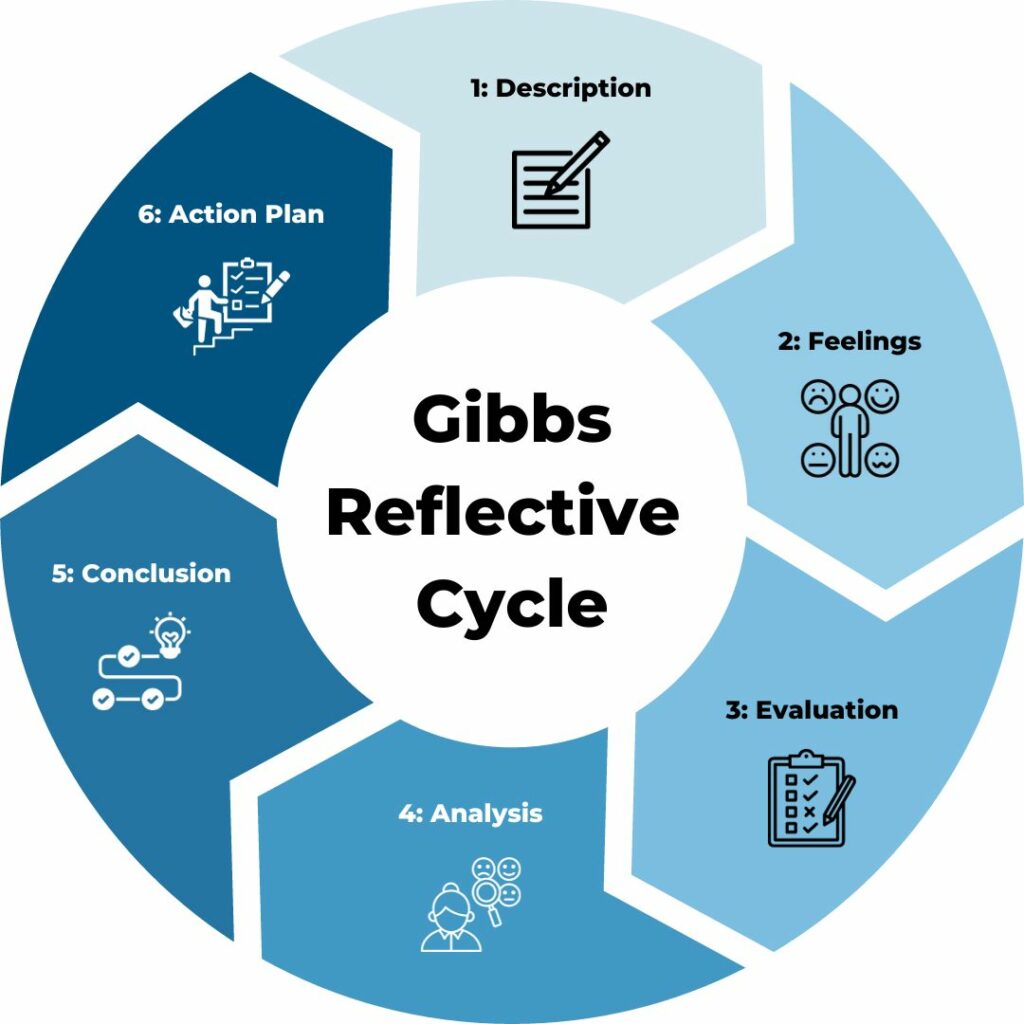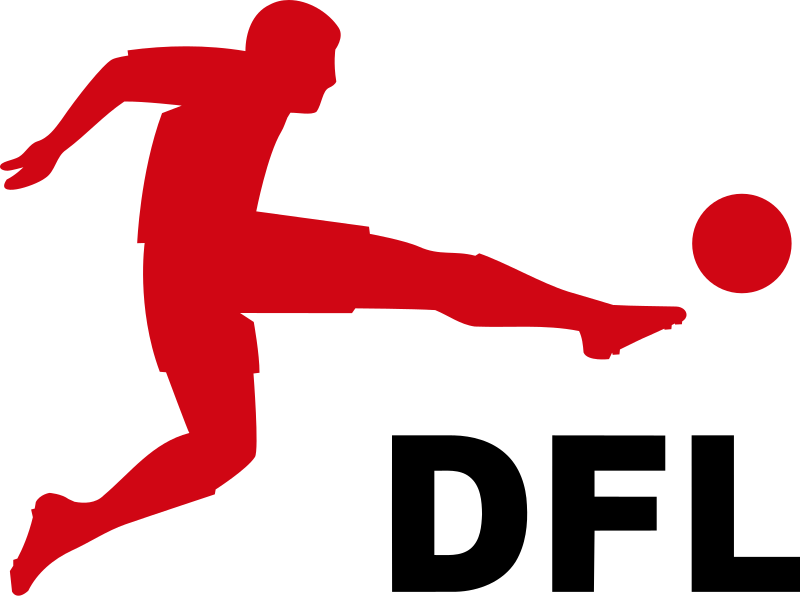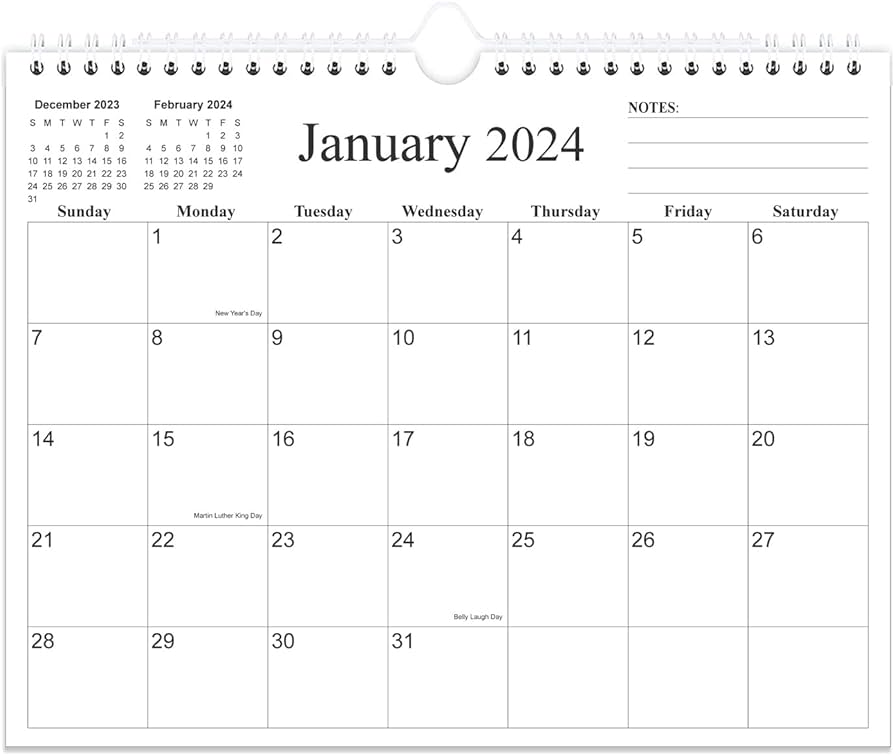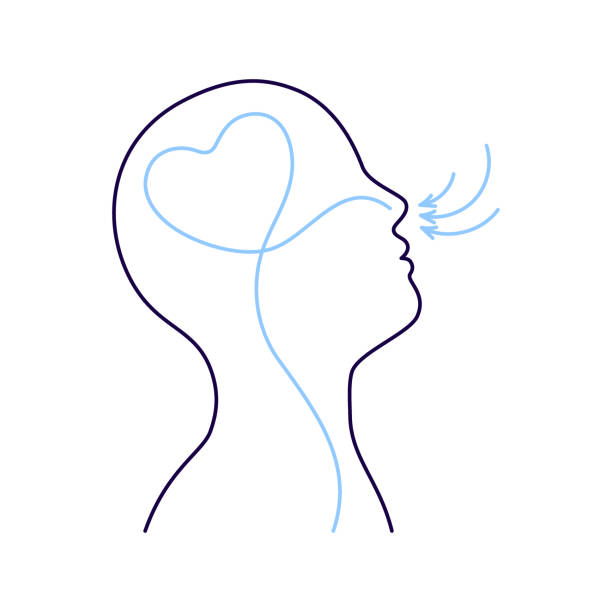All the World’s a Stage…Even in Interviews
By Orla Dunne
INTRODUCTION
My first ever interview scenario happened at the age of 8 when I auditioned for the local production of Oliver. While this was just a quick chat before I wowed them with an off-key version of ‘Consider Yourself’, it was the first time I’d ever been put on the spot with questions. Though improvisation was a recurring theme in youth theatre, it had often been in the form of warmup games. For example, ‘turn yourself into a kitchen utensil when I clap my hands’. This may have inadvertently been teaching me how to visualise an end goal and get there quickly, however in this scenario, I was suddenly having to change the destination from ‘kettle’ to ‘how would I best describe myself’. This was also my first lesson in ‘preparation is key’. But when your scene is a simulated interview, the audience three fake employers and the stage is a classroom, how does one prepare adequately?
Well, as the lights go up on this production of ‘You Got the (fake) Job!’ I’ll be reflecting on my simulated interview experience and unpacking exactly how I prepared myself for this spotlight moment.
A Moment for Gibb’s

I’ll be turning to the Meryl Streep of reflective models and using Gibb’s Reflective cycle (1988) to analyse and evaluate my interview experience. Though at first glance it may appear simple, like a Gino D’Acampo tiramisu there are a lot of layers. The model effortlessly transitions between description, feelings, evaluation, analysis, conclusion, and the very important action plan. By using this as an academic base, the aim here is not just to make me sound really smart but to actively see how I am currently learning and developing important skills for interviews. In doing so, I’ll be able to analyse and evaluate what I’m doing right and what I need to work on to set myself up for the best possible outcome.
To Set The Scene:
To help us prepare for real adult working world interviews, my class had been tasked with interviewing each other. We’d all bring in a job description, then have five minutes to prepare questions for each other, before putting on our most intimidating faces, and acting as if we were the employers. To make this as realistic as possible, I chose a job that I would genuinely want to do. Though I toyed with the idea of being a Disney Cruise performer for a solid week, I decided to go with a ‘Media Days Internship’ in the Deutsche Fußball Liga (DFL (German Football League)). Like Troy Bolton, I have both a love for performing and for sport in equal measure. However, with my inability to speak German (despite having every intention of downloading Duolingo), I had to give a lot of attention to the preparation process.

The Prep Process
WHAT WENT WELL?
My biggest interview fear is that I’ll forget everything I have ever known/done. So, to potentially overcompensate for this, I like to prep as if I’m going to be asked about the employer’s granny’s birthday. Read: extensively. Retrospectively this is both a great and potentially destructive thing. But we’ll start with the positives.
Something I felt went well was the level of detail I covered to prepare. I examined the details of the job description, noting down any key responsibilities or skills they were looking for. From there, I matched them with a time I had experienced this or developed that certain skill. For example, one responsibility was to ‘organise and plan media coverage for 18 Bundesliga clubs’ and I matched that with the time I (twice) project managed Queen’s Radio’s 12 Days of Christmas, and how I kept on top of 12 different projects in a variety of formats. Then, I would highlight key skills I’d learned, particularly keeping calm and staying organised in high-pressure scenarios.
Already running out of space on my cue cards, I wasn’t done and moved on to researching the DFL. This ranged from taking a deep dive into their website, exploring their history and what impact they’ve had on German football to examining their YouTube channel and gaining a sense of the standard of quality they were producing. I found this to be extremely exciting and, if anything, helped fuel my passion for working in this industry. I felt this process was successful in covering all bases for what I could be asked and in turn made me feel more prepared. This was reinforced by my fake interviewers who said I was ‘very knowledgeable in the subject and extremely passionate about the job’ and knew ‘how to incorporate skills’ into the scenarios. As somebody in the arts, I find it difficult to hand out self-praise often, but this feedback taught me I have a good attention to detail and that honing in on that is a good way to move forward for succeeding in interviews.
The Prep Process
WHAT DO I NEED TO IMPROVE?
While extensively researching did make me feel prepared and excited about the role, it also made me feel overwhelmed as suddenly I was comparing my abilities to standards of professionals. In a somewhat spiralling fashion, I no longer felt good enough for the role, which sounds silly to say as this wasn’t even a real interview. Though I had certainly prepared enough, I didn’t feel confident in my work or myself.
Clance and Imes (1978) would call this a perfect example of ‘the imposter phenomenon’ or, as it’s more commonly known, ‘imposter syndrome’. This is where individuals ‘maintain a strong belief that they are not intelligent; in fact, they are convinced they have fooled anyone who thinks otherwise’ (241) with symptoms including ‘a lack of self-confidence’ and ‘frustrations related to inability to meet self-imposed standards of achievement’ (242). Essentially, through the act of comparison and potential overload of information, I was creating an unrealistic standard of where I should currently be and assuming that’s where the employer wanted me to be as well. In reality, I have no idea what they are thinking, so how could I assume that they already don’t think I’m good enough?
Surprisingly, this didn’t come across on the day as my ‘very good eye contact’ and ‘positive nature’ gave the impression that I was quite confident in what I was talking about. While this could have been the actor in me coming out – and I genuinely did treat the classroom as if it was a stage – I don’t want to fake it till I make it my entire life. I want to believe in myself in an interview.
What I learned from that scenario is that though preparation is key, I need to know when to stop or at least how to break it all up. Because of my dyslexia, I tend to get quite overwhelmed when processing lots of information and have learned that this could mess with my self-confidence. This has taught me to have patience with myself whilst I’m still in the learning phase and accept the fact that it’s okay if I need some extra time to process everything. When they say every day’s a school day, who knows if I’ll ever stop being in the learning phase but then, what a beautiful life to lead where I have endless patience for myself and my abilities.
The Action Plan!
Moving forward to help me with this, I am going to schedule my preparation time so that I am still getting the same amount of prep done, but in smaller chunks spaced out over multiple days. Whether Monday is a researching day or building a bank of scenarios to pull from, by doing just one thing a day I’ll be able to give my full focus to it without being worried or overwhelmed with everything else I have to do. As per the hypothetical schedule, the next section will be a Tuesday problem.


Though it may be quite an obvious one, I will also breathe. Greg Smith notes that ‘breath forms a very powerful mind-body connection’ (4) suggesting that just taking a moment to breathe will not only help me think clearly but will help my whole body to feel relaxed and enable me to do my best work. In preparation for an interview, this will help me stop feeling overwhelmed and jumping to false conclusions such as you’re not good enough for this job. Then in the interview itself I won’t have that clouded judgment, will be more receptive to what the interviewer is asking of me and will be able to walk away feeling happy and confident with what I’ve done.
So Where Does One Go From Here?
I saw a TikTok at the beginning of the year that said to corporately ‘go out and get rejected as many times as possible’. Put yourself up for that job, even if you don’t think you’re qualified enough, and see what happens. While this is probably the most terrifying thing I will ever do, this experience has inspired me to apply for my dream job. I won’t say what it is because I’m extremely superstitious, but if you see a slightly dishevelled me standing with a mic by a football pitch any time soon, just know Gibb’s reflective model has worked its magic. With all the lessons learned from this, I hope I’m able to change the title of this production to ‘You Got the Job!’ or at least to ‘It’s Okay Because She Learnt How to Deal with Rejection’.
I’ll make it a snappier title if it comes to it!
Bibliography
Amazon Images, ‘2024-2025 Wall Calendar – 18 Months Calendar from January 2024 to June 2025, Calendar 2024-2025 with Thick Paper, 8.5″ x 11″, Black’. Amazon, 2024. Accessed 14th March 2024. https://www.amazon.co.uk/2023-2024-Wall-Calendars-Calendar-December/dp/B0BW6SHRD3
Bart, Lionel et al. Oliver. Directed by Peter Coe, first performance in The Wimbledon Theatre, Southwest London, 1960.
Channell, Matthew. ‘Gibb’s Reflective Cycle 1988’. TSW Training: Gibb’s Reflective Cycle – A Practical Guide, November 14th, 2023. https://www.tsw.co.uk/blog/leadership-and-management/gibbs-reflective-cycle/
Clance, Pauline Rose and Suzanne Ament Imes. ‘The Imposter Phenomenon in High Achieving Women: Dynamics and Therapeutic Intervention’. Psychotherapy: Theory and Research Practice, Volume 5, Georgia State University, 1978.
Deutsche Fußball Liga. ‘Logo’. Deutsche Fußball Liga website, 2006. https://www.dfl.de/en/ –
Helen Mae, ‘heres to being rejected (or not) all of 2024!!!’. TikTok, 19th January 2024 https://vm.tiktok.com/ZGefvBJvs/
Queen’s Radio. 12 Days of Christmas. 2023
Smith, Greg. ‘Introduction: The Breath as Mind-Body Link’. Purposeful Breathing. Exisle Publishing, 2020.
Sutyagina, Yulia. ‘Breathing Exercises’. iStock by Getti Images, 25th February 2022. Accessed 14th March 2024.
https://www.istockphoto.com/search/2/image?mediatype=illustration&phrase=breathing+exercise
T